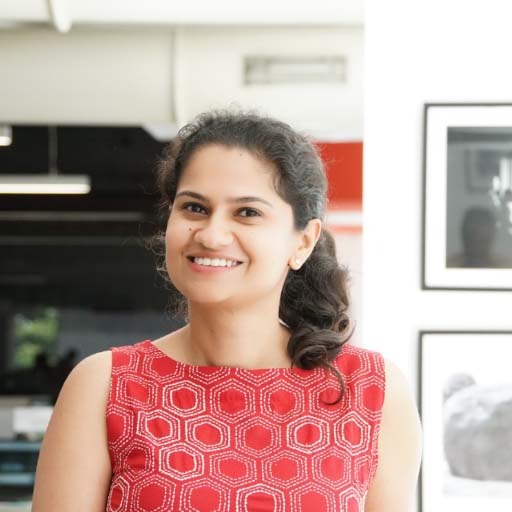Studio Director | Senior Associate – Gensler (Interview PART-1)
Naseera Razak was born in Kannur, Kerala to a Malayali Muslim family. Her parents worked for the central government in Delhi, hence she was brought up in that city. Her mother used to work for the railway headquarters, owing to which she and her family got to travel frequently and gave her the opportunity to visit almost every part of India. India’s rich heritage and historical sites that she got to explore during her travel, drew her to architecture
According to Naseera, all of the cities we visit have a significant influence on us. Going and seeing the buildings, historical sites, experiencing their culture and so on, made her absorb a lot subconsciously. She received her architecture degree from Sushant School of Art and Architecture and spent five years there. That college introduced her to the world and technique of space design. After graduating and completing her bachelor’s degree in architecture, she worked in Delhi for a few years before relocating to Bangalore and joining Gensler in 2008.

Her current job is that of a studio director. That, she says, has been the most fulfilling part of her job because she enjoys working with people. And this role allows her to work very closely with her team, supporting their professional development and assisting them in flourishing and growing their careers. We at Gensler always say, we don’t offer jobs; we offer careers. She believes her role as a studio director gives this opportunity to her, where she is not only in charge of operations, but also of people.
Asides from this, her current role also gives her the responsibility of handling client relationships. She believes that if the team is happy, and you connect with your clients at a human level, everything falls in place. It’s very important to give attention to both these aspects. And because this role provides her with that opportunity. She considers that to be the most fulfilling and possibly defining moment in her career thus far.
She believes that the most important aspect of being a designer is first and foremost understanding your client and making them your partner in the journey rather than simply servicing them or keeping a transactional relationship.. “It really needs to be about co-creating spaces and approaching it from a user experience standpoint.” The pandemic has taught us to look at everything through new eyes. It has also reminded us that resilience is something we are born with as humans. It is critical to keep your mind open and to draw inspiration from what is going on around you.
She always tries to think outside the box and make an impact. Another thing she believes, as a member of this real estate industry, is that this industry has a significant impact on the carbon footprint, the environment, and climate change. She believes that this industry gives us tremendous responsibility as well as an opportunity to make the world a better place through the power of design.
India as a market is still developing. Its not as mature as some of our global markets. And there’s still a lot of, chaos in terms of processes. Our schedules are insanely tight. It leads to team burnout. And because our field is creative, it becomes a challenge to constantly innovate new ideas while racing against two-week deadlines.
She believes that design time should be respected and given the time it requires, while keeping the business aspect of the project in mind. She believes that the PMC should consider design consultants as partners in order to create a great project. She believes that holding workshops with the PMCS and general contractors prior to the start of the project is extremely beneficial in terms of ensuring they understand the design intent and are aligned with the overall vision of the project.
She stated that this is a critical component for every project that we undertake due to the inherent chaos that the Indian market holds. And essentially having all stakeholders’ brains on the table to solve problems is important because, she believes, each of us brings our own set of experiences with us. And she believes that making each other our allies makes a big difference when working on projects here.. She believes there is always a way out and that we can all work together to achieve it. To be continued.>>
